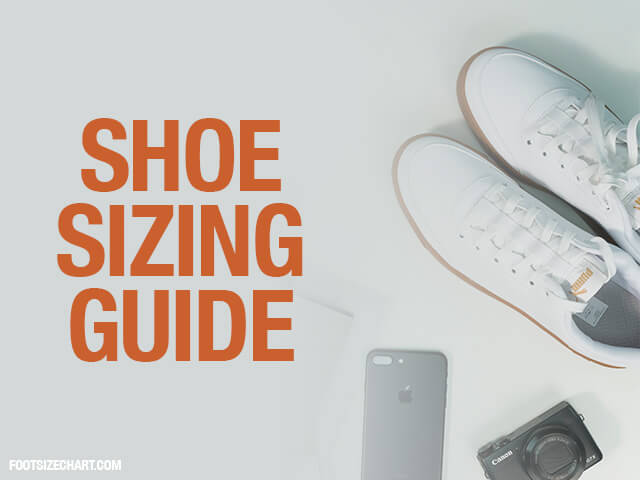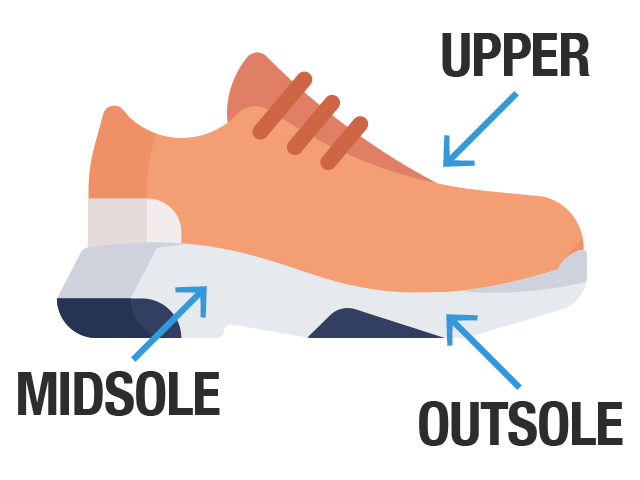How to Measure Your Shoe Size for a Perfect Fit
Buying shoes online is convenient, but finding the right size can be a guessing game. The best way to get it right the first time is to measure your feet. It’s a simple process you can do at home with just a few common items.
How to Measure Your Feet at Home (The Easy Way)

Follow these simple steps for an accurate foot measurement:
- Get Your Supplies: You'll need two pieces of paper, a pencil or pen, and a ruler or tape measure.
- Trace Your Foot: Place one piece of paper on a hard floor. While wearing socks, stand on the paper. Keeping your body weight over your foot, trace a thin line around the entire outline of your foot.
- Measure the Length: Use your ruler to measure the distance from the very back of your heel to the tip of your longest toe on the tracing.
- Measure Both Feet: Repeat the process for your other foot. It's normal for one foot to be slightly larger than the other.
- Use the Larger Measurement: Take the length measurement from your larger foot. This is the number you'll use to find your shoe size on our charts.
Pro Tip: For an even easier method, download and use our Free Printable Shoe Size Chart. It has all the markings you need!
Tips for the Most Accurate Fit
- Measure at the End of the Day: Feet naturally swell throughout the day. Measuring them in the afternoon or evening will give you the most accurate size.
- Allow for Wiggle Room: A perfect fit means leaving about a half-inch (or a thumb's width) of space between your longest toe and the front of the shoe. Never buy shoes that feel tight.
- Don't Forget Width: While length determines your shoe size number, width is also important for comfort. If your feet feel squeezed on the sides, you may need a "Wide" (E) fit.
You Have Your Measurement. Now What?
Once you have your measurement in inches or centimeters, you can use our conversion charts to find your perfect size in any system.
- Find Your Size on the Men's Chart
- Find Your Size on the Women's Chart
- See All International Conversions
Understanding Shoe Fit: Why Do Sizes Vary?
Ever wonder why a size 10 from one brand fits perfectly, but is too tight in another? It's often because of how the different parts of the shoe are constructed.

The Upper
This is everything on the outside of the shoe that covers your foot. The material of the upper (like leather vs. a synthetic mesh) can greatly affect how a shoe stretches and fits.
The Midsole
This is the layer between your foot and the ground that provides cushioning and shock absorption. The thickness and material of the midsole can affect how much room is inside the shoe.
The Outsole
This is the very bottom of the shoe that touches the ground. The outsole provides traction and durability, and its shape contributes to the overall fit of the shoe.
 Foot Size Chart
Foot Size Chart